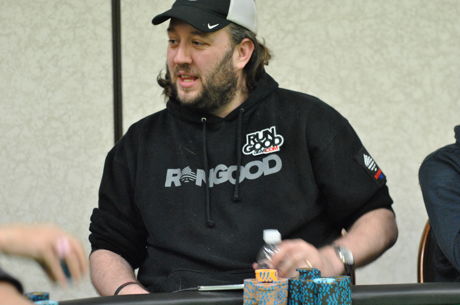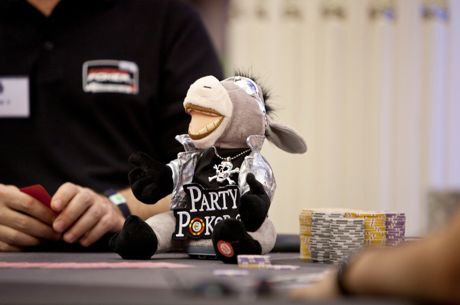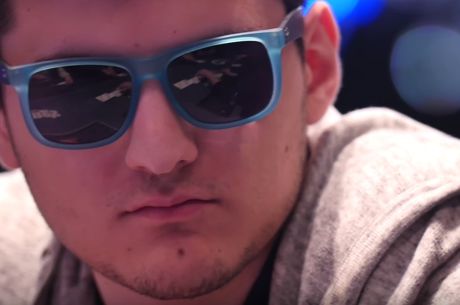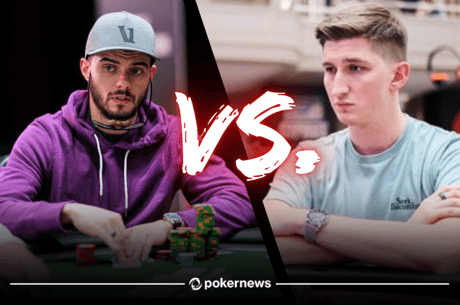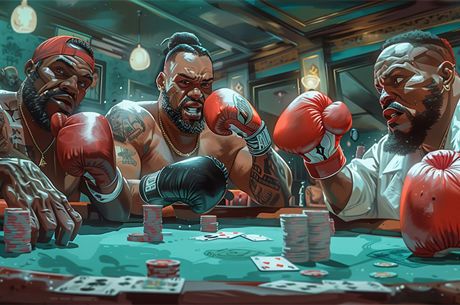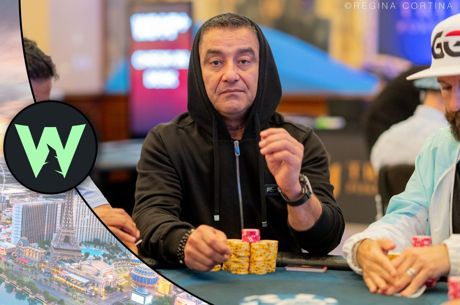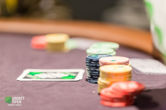Dealing With Uninvited Bluffs
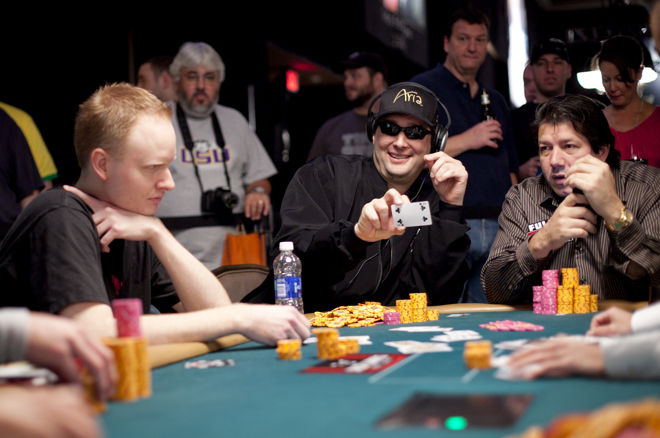
There are no two ways about it — you will get bluffed. Especially if you are playing well. The important thing is to react well and to evaluate your play up to the point it happens.
I actually think there are two ways of being bluffed, the invited kind and the uninvited. Let me explain.
I find that I most often get bluffed in a painful way when I have played the hand badly up until that point. That is, I set my range up to be bluffed. Either I've deviated from standard play, or worse, I don't know the standard play in the situation. Therefore I have an unclear picture of both my own range and my opponent's range (and usually, their capability for bluffing me).
This leads to feeling disconsolate, especially if your opponent shows you a hand you didn't think he could have. Let's call these situations uninvited bluffs.
Meanwhile if my range is protected from bluffs and I know it, being shown a bluff in that situation is relatively pain-free. We can call these situations invited bluffs. Because my range has much stronger hands in it, opponents can try to bluff me all they want. The phrase "Be my guest!" comes to mind.
Let's go over two brief examples, the first an "invited bluff" and the second an "uninvited bluff."
We know we're going to be bluffed sometimes; the question is just whether this knowledge is built into our strategy. For example, when I defend my big blind in an online cash game, and the flop comes A♣7♥2♠, I know I myself call preflop with many weak offsuit-aces. If I check-call the flop with a seven and end up folding it on the river, even if my opponent shows me a bluff, I can be confident that my river range is protected by some stronger hands, and that my bluffing opponent was lucky to run into the bottom of my river-checking-range... this time.
This situation happens so often that it is easy for me to be shown Q♥J♦ when the turn was the 10♥ and the river the 4♦ and I fold my 7♣6♣. I know I have Ax9x, Ax7x, Ax4x and Ax2x in my river checking-range to protect my 7x6x hands. So they can bluff that river with queen-jack — be my guest.
Live poker, however, is often going yield some unfamiliar and complicated situations. And if you are like me — that is, easily confused (sometimes) — it can lead to bad river decisions.
I was playing in Berlin a couple months ago when the following hand came up in a tournament.
I cold-called an early position open with A♦6♦ and the button and both blinds all came along, meaning five players saw the flop.
On a ten-high flop I had the nut flush draw, which I then completed on the turn, but fourth street also paired the board with another ten. Four players made it to the turn, but it checked through. The river then brought a fourth diamond, meaning my chances of getting someone to bet trips or a smaller flush had seemingly diminished by leaps and bounds.
The player in the small blind was a huge calling station and the initial raiser had given up on the pot. The player with position on me had bet the flop but checked the turn. So when checked to on the river I put a bet into the pot — I was targeting the small blind's frustrated calls, and I did not think the button would bet for me had I checked. Then the button raised. Everyone folded to me.
I did not really see how the button could have a better hand or how the player could have a bluff. I was at a loss.
I folded quickly. I supposed it was a rare situation — that the player had drilled the 8♦ river with pocket eights, or had played pocket fives slowly (a flopped set that filled up on the turn). In retrospect it was a bad fold because my opponent only raised 2.3x my bet — my price to call was good, and it wasn't for my tournament life (we were playing 250 big blinds deep to start the hand).
The problem was I had thought about the wrong things, like how we were four ways to the river, how I didn't want to have less than half a starting stack after I called and was wrong, and so forth. When I folded, the button showed the table one card — the J♣ — meaning he almost certainly had bluffed with trips, exactly J♣10♣.
This I had not considered likely. I was pretty bummed out. I had not invited this bluff!
As an aside, being shown a bluff is a great indication that your opponent is overbluffing. They love to bluff and want to show it. Someone who does not show might also be overbluffing in certain spots, but someone who does show in live poker almost certainly is. Of course, they might be reticent to pull the trigger should the same opportunity present itself one orbit later, but all other things equal, given context, you can slot them in as an overbluffer — someone who can't resist putting their hand in the cookie jar.
In any case, I used the A♦6♦ disaster to realize I had probably misplayed the hand up to that point (I could have led the turn, raised the flop, checked the river, etc.). I had also misunderstood my river situation. This can be forgiven in a way — I had never been in that situation before, and I should try my best to learn from it.
Because I know that being bluffed in the future is unavoidable, I resolved that all those future bluffs should at least be invited!

